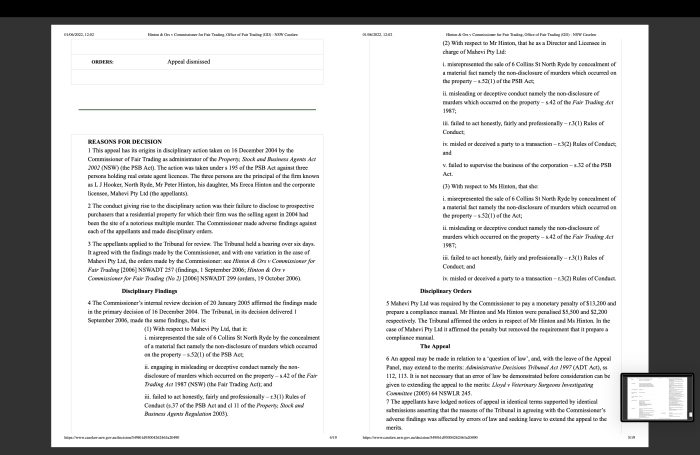Following the ethical directives of a superior relates to – Following the ethical directives of a superior is a complex issue that requires careful consideration of ethical, legal, and organizational factors. This article will explore the ethical responsibilities of individuals, the potential legal implications, the influence of organizational culture and ethics, and the importance of personal accountability and responsibility.
The ethical implications of following superior’s directives are significant. Individuals must balance their personal ethical beliefs with the directives of their superiors, which can lead to conflicts and dilemmas.
Ethical Considerations

When following the directives of a superior, individuals have a responsibility to consider the ethical implications of their actions. This includes understanding the potential consequences of their actions, both for themselves and for others. It also involves being aware of their own personal values and beliefs, and how these might conflict with the directives of their superior.
Potential Conflicts
There are a number of potential conflicts that may arise between personal ethics and the directives of a superior. For example, an individual may be asked to do something that they believe is unethical, or they may be asked to do something that they know is illegal.
In these situations, it is important for individuals to be able to weigh the potential consequences of their actions and make a decision that is in line with their own ethical values.
Ethical Dilemmas
Individuals may face a number of ethical dilemmas when following the directives of a superior. For example, they may be asked to do something that they believe is unethical, or they may be asked to do something that they know is illegal.
In these situations, it is important for individuals to be able to weigh the potential consequences of their actions and make a decision that is in line with their own ethical values.
Legal Implications

There are a number of legal implications that individuals should be aware of when following the directives of a superior. For example, individuals may be held liable for their actions, even if they were following the directives of their superior.
This is because individuals are ultimately responsible for their own actions, and they cannot use the defense that they were following orders.
Potential Consequences
The potential consequences of violating the law while following the directives of a superior can be severe. Individuals may be subject to criminal prosecution, fines, or even imprisonment. In addition, they may also be held liable for any damages that result from their actions.
Legal Cases
There have been a number of legal cases where individuals have been held liable for following the directives of a superior. For example, in the case of United States v. Nuremberg, several Nazi officers were convicted of war crimes for following the orders of their superiors.
Organizational Culture and Ethics: Following The Ethical Directives Of A Superior Relates To

The organizational culture and ethics can have a significant influence on the ethical decision-making of individuals. In organizations with a strong ethical culture, individuals are more likely to make ethical decisions, even when faced with pressure from their superiors. Conversely, in organizations with a weak ethical culture, individuals are more likely to engage in unethical behavior.
Role of Leadership
Leaders play a critical role in fostering an ethical organizational culture. Leaders who set a good example and who are willing to speak out against unethical behavior can create a culture where individuals feel comfortable making ethical decisions.
Examples of Strong Ethical Cultures
There are a number of organizations that have successfully created a strong ethical culture. For example, the healthcare company Johnson & Johnson has a long history of putting patients first. The company’s Credo, which was written in 1943, states that “the first responsibility of a business is to its customers.”
This commitment to ethics has helped Johnson & Johnson to become one of the most respected companies in the world.
Personal Accountability and Responsibility

When following the directives of a superior, it is important for individuals to take personal accountability for their actions. This means being aware of the potential consequences of their actions and being willing to take responsibility for their decisions.
Consequences of Blindly Following Orders
Individuals who blindly follow the directives of a superior without considering the ethical implications can have serious consequences. For example, they may be held liable for their actions, even if they were following orders. They may also damage their reputation and lose the respect of their colleagues.
Examples of Personal Responsibility, Following the ethical directives of a superior relates to
There are a number of examples of individuals who have taken personal responsibility for their actions, even when following the directives of a superior. For example, the whistleblower Edward Snowden leaked classified information about the U.S. government’s surveillance programs. Snowden believed that the government’s surveillance programs were unethical and illegal, and he was willing to risk his career and his freedom to expose them.
FAQ Compilation
What are the ethical responsibilities of individuals when following the directives of a superior?
Individuals have a responsibility to uphold their own ethical beliefs, even when following the directives of a superior. They must consider the potential consequences of their actions and make decisions that align with their moral compass.
What are the potential legal implications of following the directives of a superior?
Individuals may be held liable for their actions, even if they were following the directives of a superior. It is important to be aware of the legal implications of one’s actions and to seek legal advice if necessary.
How can organizational culture and ethics influence the ethical decision-making of individuals?
Organizational culture and ethics play a significant role in shaping the ethical decision-making of individuals. A strong ethical culture can encourage individuals to make ethical choices, while a weak ethical culture can lead to unethical behavior.